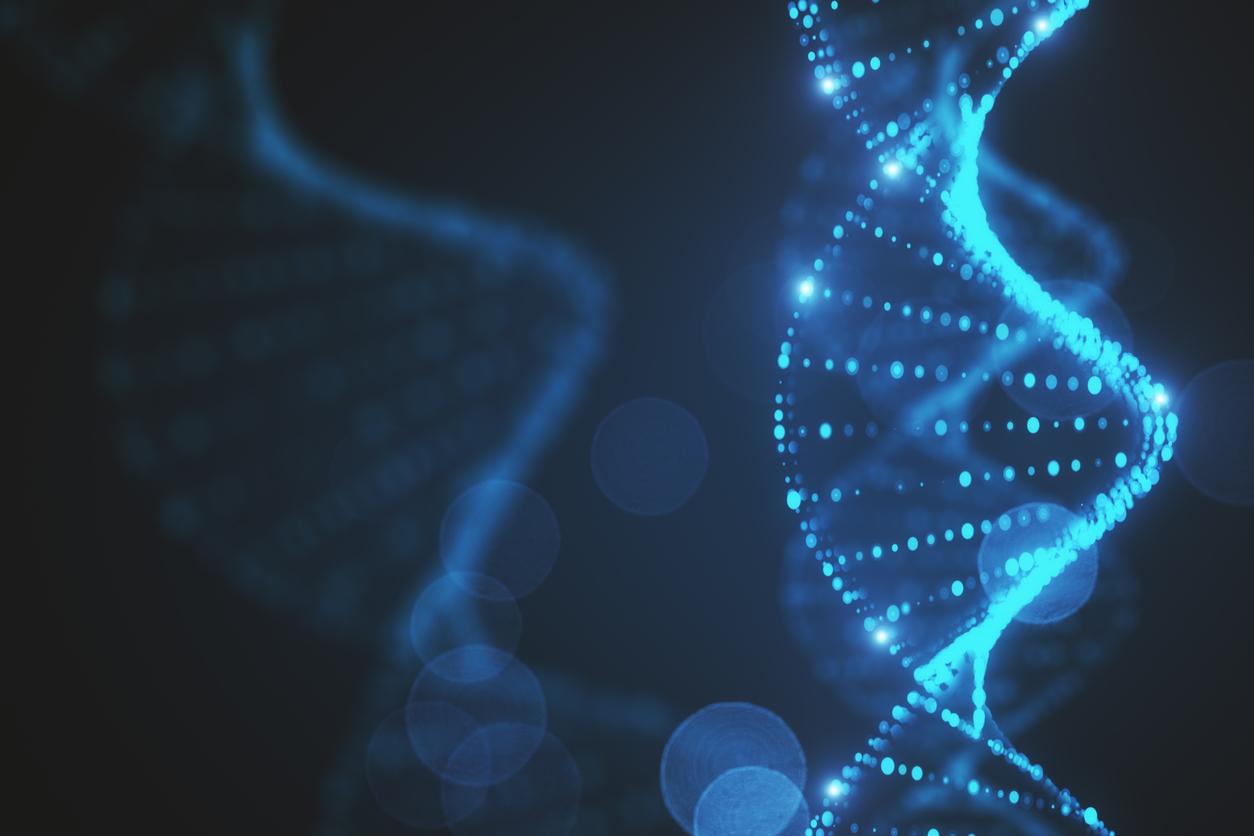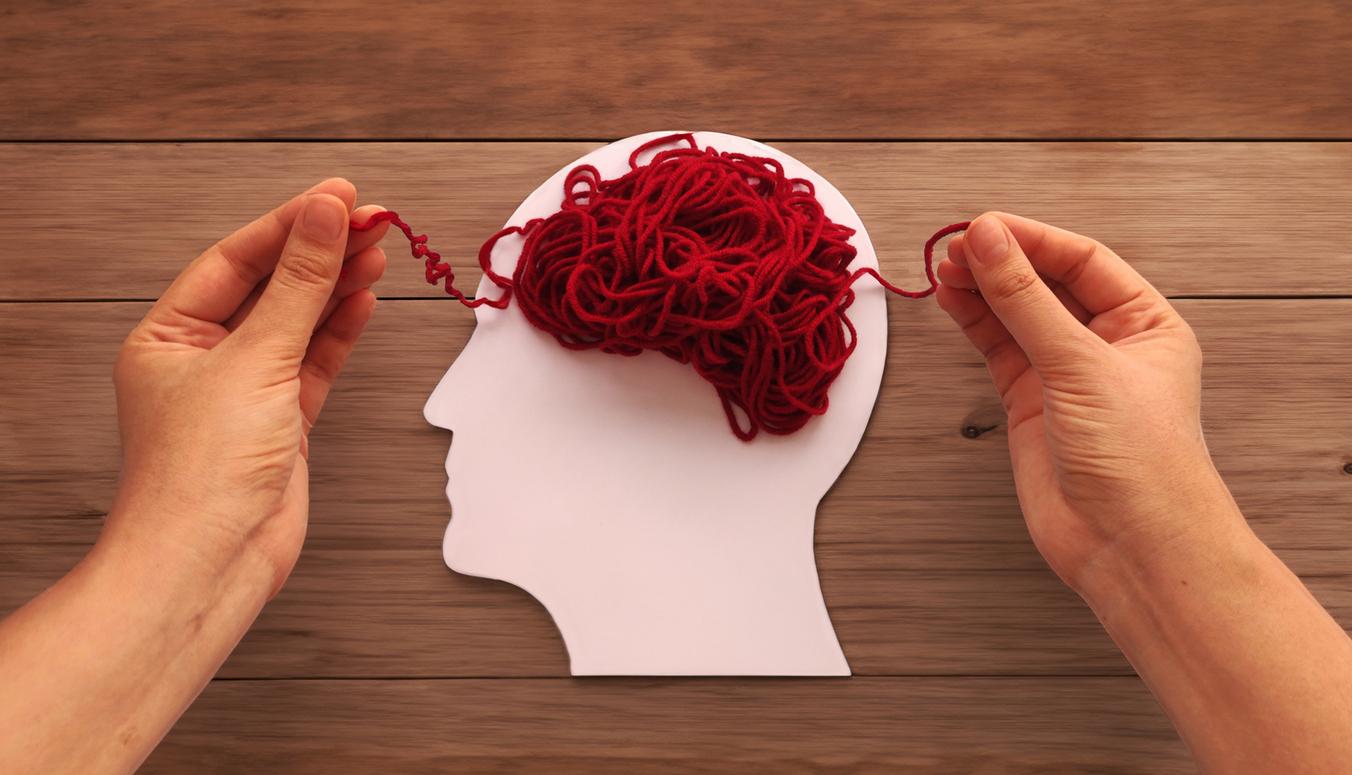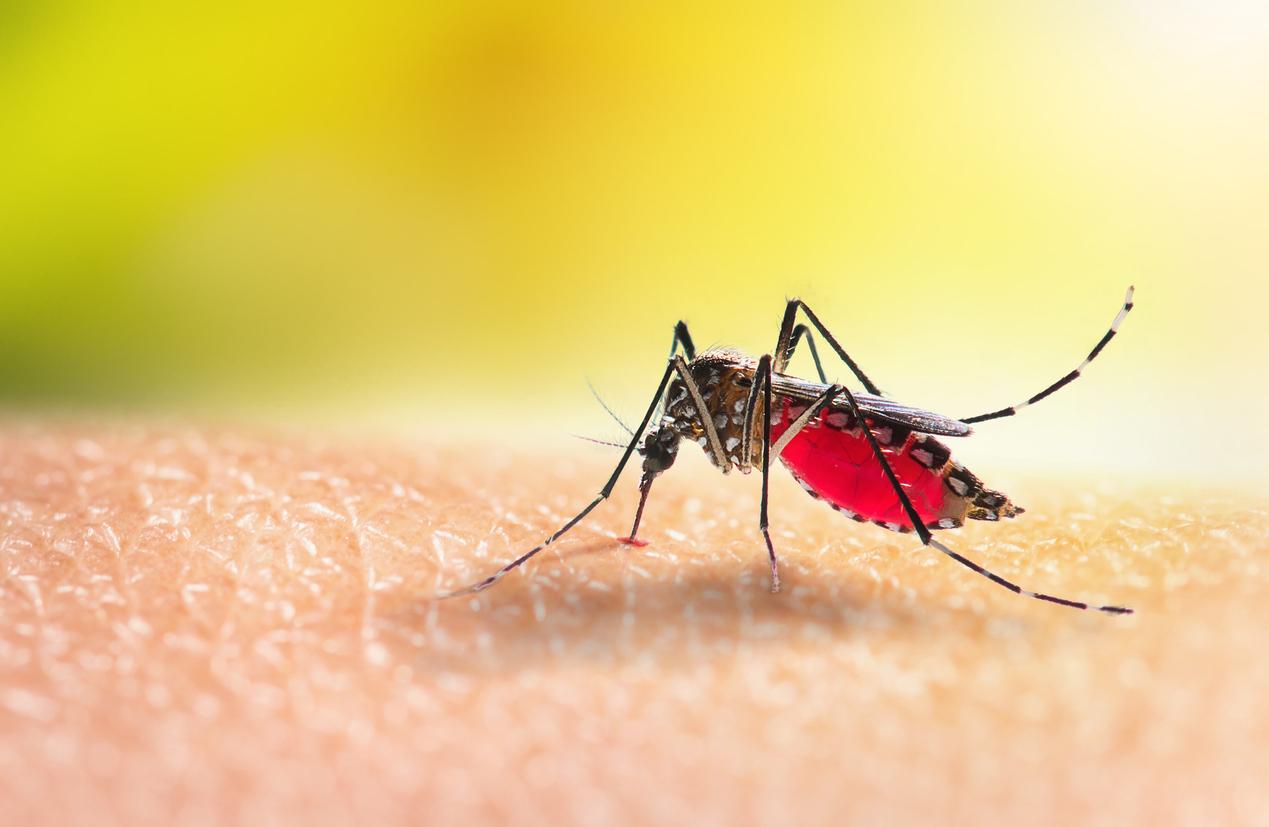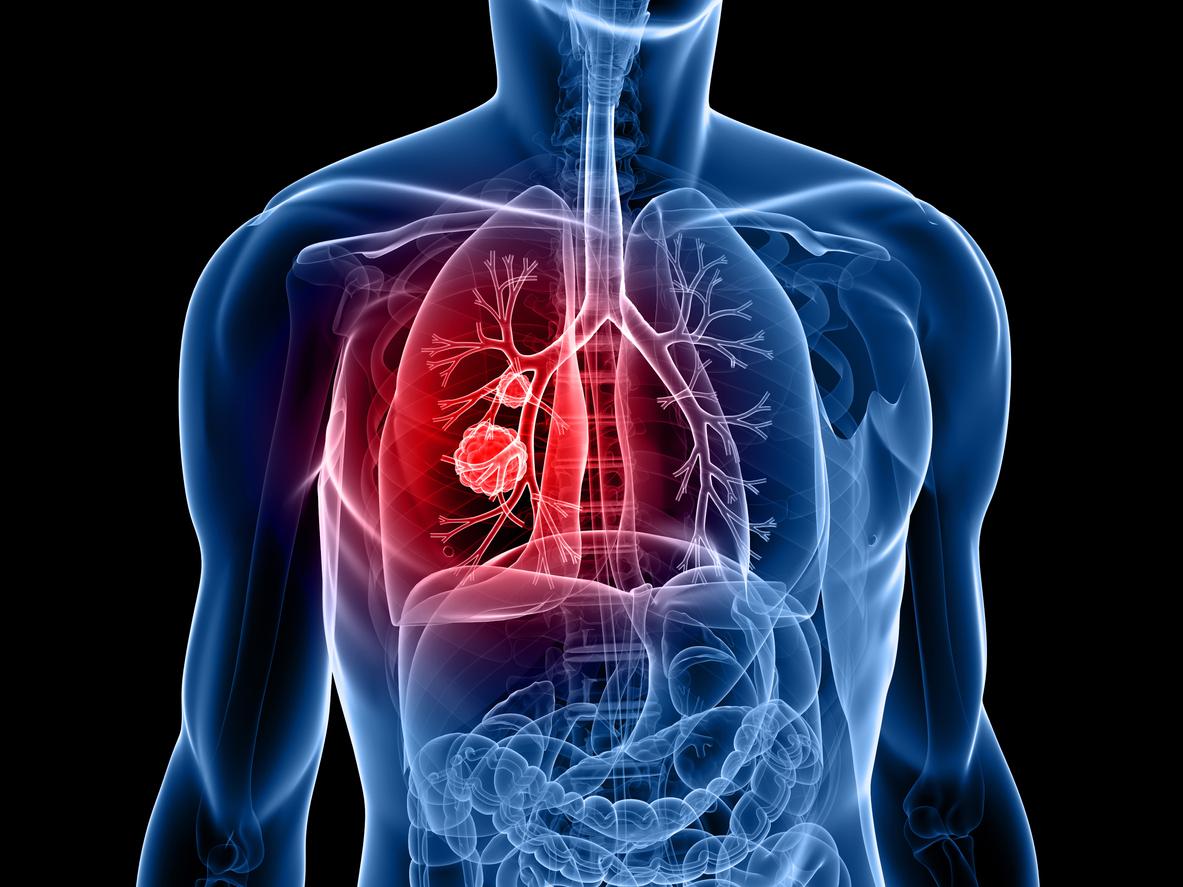Adults who have already consulted mental health specialists during childhood or adolescence are at greater risk of suffering from schizophrenia or bipolarity.

- Schizophrenia is characterized by significant disturbances in the perception of reality and by alterations in behaviour: delusions, hallucinations, confusion, agitation, etc.
- Bipolarity results in mood swings, and often by alternating states of elation and depression.
Approximately 65 million people worldwide have bipolar disorder or schizophrenia. In most cases, people are diagnosed in adulthood. According to a study published in World Psychiatrythe disease could be spotted much earlier.
From childhood to adulthood
From the University College of Dublin in Ireland, the scientists based themselves on a Finnish data register. In this file, they searched for people born in 1987 and tracked their health trajectories in subsequent years into adulthood. They were specifically interested in one piece of data: attendance at a specialized mental health service for children and adolescents between their birth and their 17th birthday. Next, they looked at their medical information for up to 28 years to identify people diagnosed with bipolarity or schizophrenia.
Scientists found that the risk of schizophrenia or bipolar disorder at age 28 was 1.8% for people who had not attended a child and adolescent mental health service. For people who had already visited this type of service during childhood or adolescence, the risk was 15%, and 37% for those who had been hospitalized in these establishments. A total of 50% of people who developed these mental health conditions had attended specialist child and adolescent mental health services as children.
Prevent disease?
“These results highlight the possibility of intervening much earlier than we currently do, even in childhood and adolescence.”, says Professor Ian Kelleher, who coordinated this study. Detecting people at risk earlier could make it possible to limit the progression of these pathologies and their consequences on daily life. The authors recall that bipolarity and schizophrenia are associated with high levels of disability, and high personal and societal costs. “We know that it is crucial to intervene as soon as possible to prevent some of the worst effects of these diseasesadds Professor Ian Kelleher. But ideally, we would like to be able to intervene even before the onset of the disease, to prevent it outright.”
Adolescence, a pivotal period
Adolescence is a critical time for mental health. Bipolarity is usually diagnosed in early adulthood, but it can manifest as early as age 15. Regarding schizophrenia,the disease usually appears during adolescence, between 15 and 25 years of age, but it most often begins earlier, in a milder form“, Explain Inserm. “This period constitutes a phase during which an adapted therapeutic intervention can be particularly effective.” This can be based on drug treatments, cognitive and behavioral therapy, occupational therapy, etc. In France, around 10,000 new cases are diagnosed each year.

















